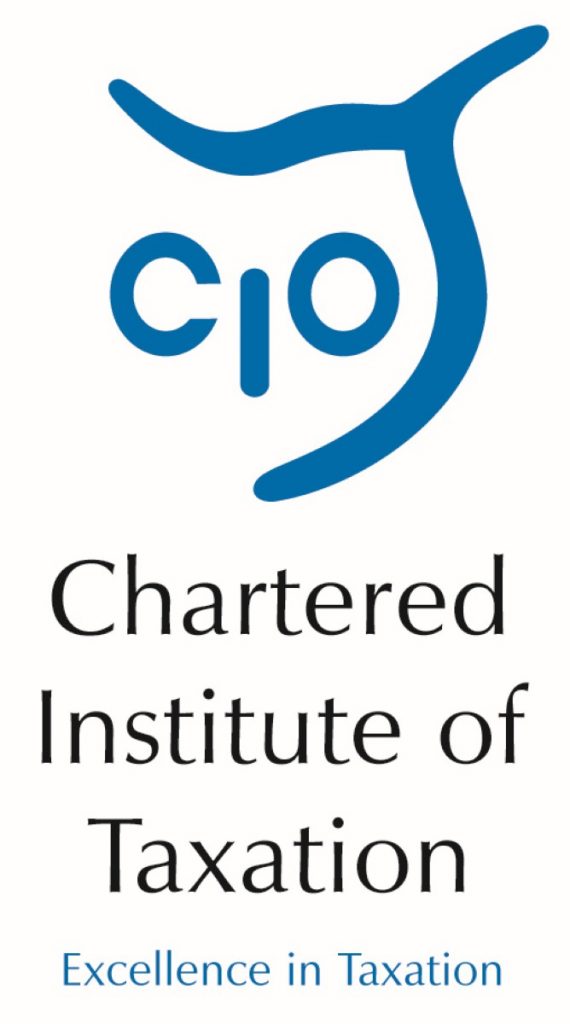A combination of recommendations in the Taylor Review could see many more gig economy workers treated as employees for tax purposes and their engagers liable for employers National Insurance, says The Low Incomes Tax Reform Group (LITRG). While this could help bring an element of certainty, unless issues in the tax system are addressed, LITRG warns that avoidance options will continue to be available to engagers.
LITRG welcomes the recommendation that the burden of proof in employment tribunal hearings where status is in dispute should be reversed. This means that the employer engager has to prove that the individual is not entitled to employee or ‘dependent contractor’ employment rights, not the other way round.1
The Taylor Review recommends that greater emphasis should be placed on the concept of control and less on personal service when deciding ‘dependent contractor’ status; and that ‘dependent contractor’ status in employment law should be aligned with employee status for tax purposes. The report also calls on the Government to consider how tax tribunal and employment tribunal rulings could be applied across jurisdictions.
Taken together, these recommendations could see more gig economy workers treated as employees for tax purposes and, as such, their engagers liable for employers’ National Insurance. Even where a ‘gig economy’ worker is genuinely self-employed, the report goes on to recommend that government examine ways in which the tax system might address the disparity between the level of tax applied to employed and self-employed labour. This could mean equalising the level of NICs paid personally by the self-employed but also equalising the position at engager level.
Robin Williamson, Technical Director of LITRG, said:
“Apart from the issue of employment rights, the fact that those who currently engage ‘self-employed’ workforces do not pay employers’ National Insurance is a major concern both for the worker and the exchequer.
“An adjustment to the burden of proof in such cases such as recommended by Taylor, and previously by the House of Commons Work and Pensions Committee, could ultimately see more tax receipts and mean that workers taken on by those companies have a secondary contributor to help secure them the concomitant welfare rights such as maternity pay and sick pay.2
‘’However, in the wider context we must consider levelling other areas of the playing field, otherwise engagers may simply turn to different ‘flexible’ working options to help protect their profitability. The root of the problem is that employers’ National Insurance only applies to employees, not self-employed workers, and only above a weekly threshold of £157. Therefore, even if the Taylor report recommendations result in gig workers receiving certain employment rights and a secondary contributor, there will still be attempts to circumvent the rules – for example by the use of short hours contracts – and rather like a cork in water, problems of insecurity for workers could just bob up elsewhere which would be unfortunate.’’
The Taylor Review also recommends that the Government should consider accrediting a range of platforms designed to support the move towards more cashless transactions with a view to increasing transparency of payments, supporting individuals to pay the right tax.
Robin Williamson added:
“This proposal should work well for those already familiar with the technology involved in such platforms, such as Uber drivers and those who can easily familiarise themselves with it. But government should avoid imposing burdens on genuinely self-employed individuals who operate alone (such as gardeners, cleaners, those who carry out odd jobs) without ensuring that appropriate exemptions are available. For example, there are currently exemptions from VAT online filing for various categories of people for whom use of electronic methods are not reasonably practicable, and there will be similar exemptions from electronic record-keeping and quarterly online reporting when that system is introduced.”3
Notes to editors
1. A similar recommendation was made by a House of Commons Work and Pensions Committee report entitled ‘Future world of work and rights of workers’. It can be read here.
2. On sick pay, the ‘Good Work: the Taylor review of modern working practices’ report says: ‘Government should reform Statutory Sick Pay so that it is explicitly a basic employment right, comparable to the National Minimum Wage, for which all workers are eligible regardless of income from day 1. It should be payable by the employer and should be accrued on length of service, in a similar way to paid holiday currently. Government should ensure that there is good awareness of the right amongst workers and businesses.’
3. HMRC agreed to relax the strict rule requiring VAT returns to be filed online following the case of LH Bishop & Ors v HMRC Commrs [2013] UKFTT 522 (TC) (in which the LITRG supported the appellants).
4. Low Incomes Tax Reform Group
The LITRG is an initiative of the Chartered Institute of Taxation (CIOT) to give a voice to the unrepresented. Since 1998 LITRG has been working to improve the policy and processes of the tax, tax credits and associated welfare systems for the benefit of those on low incomes.
The CIOT is the leading professional body in the United Kingdom concerned solely with taxation. The CIOT is an educational charity, promoting education and study of the administration and practice of taxation. One of our key aims is to work for a better, more efficient, tax system for all affected by it – taxpayers, their advisers and the authorities. The CIOT’s work covers all aspects of taxation, including direct and indirect taxes and duties. The CIOT’s 18,000 members have the practising title of ‘Chartered Tax Adviser’ and the designatory letters ‘CTA’, to represent the leading tax qualification.
Contact: Hamant Verma, External Relations Officer, 0207 340 2702 HVerma@ciot.org.uk (Out of hours contact: George Crozier, 07740 477 374)





-01.png)